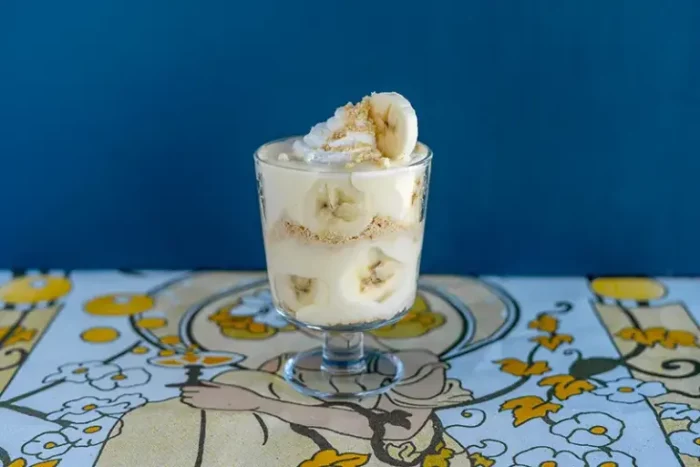Cocoa farmers in Ghana, the world’s second-largest producer of the commodity, are holding onto their harvests in anticipation of a price increase, industry sources revealed to Reuters. The move could put pressure on global cocoa supplies, which are still recovering from last season’s disastrous harvests.
While the full extent of the bean hoarding is unclear, several farmers, buyers, and officials from the state regulator, Cocobod, have confirmed the practice. Some sources pointed to the delay in purchases as evidence of this trend.
“I have more than 300 bags, but I won’t sell,” said a cocoa farmer from south-central Ghana, speaking anonymously. “I will only sell after Christmas. We want to see if they will increase the price as they said.”
The speculation follows comments made by Ghana’s Vice President Mahamudu Bawumia, who, during a speech in Sefwi Wiaso, one of the country’s largest cocoa-producing areas, promised an increase in cocoa prices. The Vice President, who is also campaigning for the presidency in the upcoming December 7 elections, later clarified that his statements had been misinterpreted.
Ghana’s cocoa industry has faced significant challenges. According to Cocobod officials, more than a third of the country’s cocoa output for the 2023/24 season was lost to smuggling, contributing to a drop in production that reached its lowest levels in over 20 years. The reduced output, combined with the smuggling issue, helped drive global cocoa prices to record highs.
To combat smuggling and improve farmer incomes, Ghana raised the farmgate price by nearly 45% for the 2024/25 season, which began in September. The new price stands at 48,000 cedis (roughly $3,000) per metric ton.
However, Ghana’s neighbor, Ivory Coast—the world’s largest cocoa producer—has set its price at 1,800 CFA francs ($3.00) per kilogram, slightly above Ghana’s rate.
In response to the price discrepancy, Bawumia initially indicated that the Ghanaian government would adjust its cocoa prices to match those of Ivory Coast. But in a statement to Reuters on Friday, Bawumia clarified that the government would only make such an adjustment if there was a “significant difference” between the two countries’ prices. He confirmed that, as of now, no price change is imminent.
Despite this, many farmers remain hopeful that an increase is on the horizon. A district manager for one of Ghana’s top cocoa buyers noted a slowdown in purchases in October, attributing it to farmers withholding beans in anticipation of higher prices. In some cases, farmers even requested the return of beans they had already sold, convinced that they could get a better deal in the future.
Cocobod CEO Joseph Aidoo recently told local media that any price increase would depend on the depreciation of the Ghanaian cedi, which would erode farmers’ incomes. Samuel Adimado, president of Ghana’s cocoa buyers’ association, added that the current price is beneficial for farmers and will help the state-run Cocobod clear its debts.
“The question is, how long can you hoard? Once it’s not smuggled out, they (farmers) will eventually release it,” Adimado said.
As the cocoa market watches closely, the standoff between farmers and buyers could have broader implications for global cocoa supply and prices in the months ahead.
(1 USD = 600.25 CFA francs)
Related topics:























